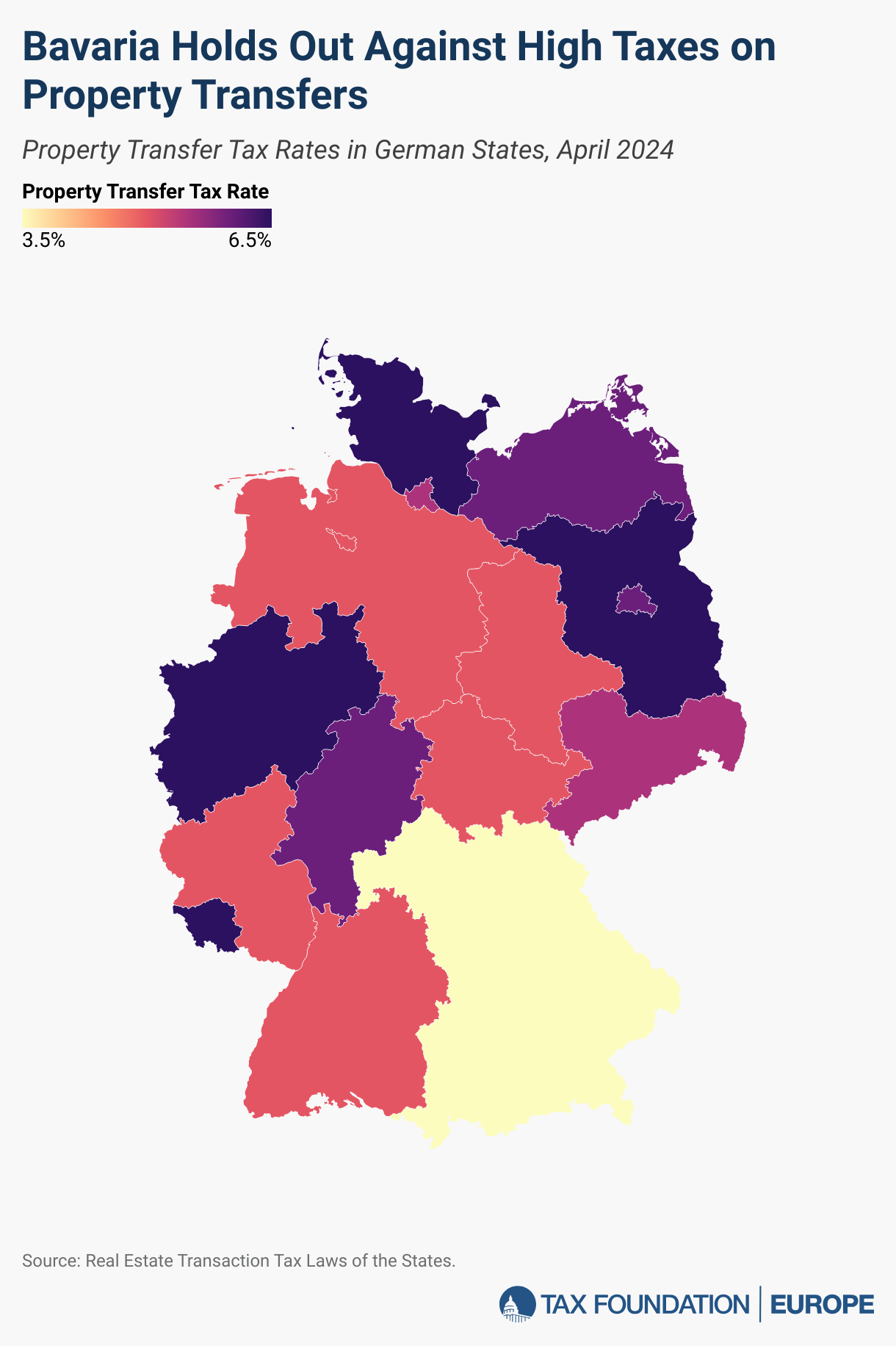Employer Payroll Tax Reminder: Final Payment of Deferred Payroll Taxes Due 1/3/2023
Background / Impact of the CARES Act (2020)When the COVID-19 pandemic began in 2020, Congress passed the Coronavirus Aid, Relief, and Economic Security (CARES) Act to provide tax relief to individuals and small business owners. One of the measures allowed small business owners, including self-employed individuals, to defer certain payroll taxes from 3/27/2020 through 12/31/2020. The timeframe is referred to as “payroll tax deferral period.” Section 2302 of the CARES Act provides that employers may defer the deposit and payment of the employer’s portion of Social Security taxes, and certain railroad retirement taxes. Under this legislation, 50% of the deferred taxes was due no later than January 3, 2022, and the remainder must be paid no later than January 3, 2023.
The payment due in January 2022 was previously discussed in this tax blog: Are you ready for the first installment of the repayment of FICA and SE tax deferral?
What You Need to Know Now
Who needs to pay?Employers who opted to defer the employer portion of 6.2% Social Security tax during the payroll tax deferral period must pay these taxes to the IRS.
When to payThe remaining 50% of the deferred taxes is originally due December 31, 2022. Since December 31, 2022, falls on a Saturday, and January 2, 2023, is the observance of New Year’s Day, the due date for final payment is administratively extended to the next business day – Tuesday, January 3, 2023.
How to payPayments can be made through the IRS Electronic Federal Tax Payment System (EFTPS) website, by credit or debit card, or by check or money order. The most important thing to notice is taxpayers must designate the quarter to which the payment relates. For payments made through IRS EFTPS website, taxpayers will need to choose Deferred Social Security Tax as Tax Type, and then change the date to the applicable tax period (typically, the calendar quarter in 2020 for which tax was deferred). For payments made by check, taxpayers will need to include a 2020 Form 941-V payment voucher and indicate the quarter for which the payment is being made.
For filers of Schedule H, Household Employment Taxes, any amount entered on Form 1040 and 1040-SR, Schedule 3, line 12e had to be paid by the due dates shown on line 13 and 14 of the Deferral Worksheet in the Form 1040 instructions. Individuals making deferred Social Security tax payments in EFTPS should select 1040 US Individual Income Tax Returns and deferred Social Security tax for the type of payment.
Potential penalties for failure to payInterest and penalty will apply if any portion of the employer’s share of Social Security tax isn’t deposited or paid by the applicable date. If an employer fails to deposit any portion of their deferred taxes by January 3, 2022 (for the first installment) or January 3, 2023 (for the second installment), the entire deferral is invalid. The deferred taxes are treated as due on the employer’s usual deposit dates, and those dates are used to determine any failure-to-deposit penalties.
The key point is that any late payment or underpayment will result in penalty on the entire deferral taxes. For instance, an employer deferred $10,000 payroll tax in 2020. The employer then successfully made the first $5,000 payment to the IRS before January 3, 2022. However, the employer did not make the second $5,000 payment until January 15, 2023. In this case, even if the taxpayer made the first payment in full and in a timely manner, because the second payment is late, the taxpayer would still be penalized for failure-to-deposit on the entire $10,000 deferred tax. Under section 6656, the IRS can assess the 10% failure to deposit penalty on 100% of the amounts deferred for any late payment or underpayment. Further, if the employer receives an IRS notice demanding payment of the balance after the due dates stated above, the penalty rate increases to 15% of the total deferred amount.
ConclusionWith the approaching deadline for the final installment of the deferred payroll tax, employers should be aware of their deferred payroll tax balance, and make the payments as soon as possible to avoid penalty. If employers are using a third-party payroll provider and opted to defer payroll tax in 2020, they should confirm with the payroll service provider to ensure sufficient payments will be made on or before January 3, 2023. When making payments to the IRS, taxpayers need to remember to designate the quarter in 2020 for which the payment relates, so that the payments can be credited correctly.
Please reach out to your trusted Herbein advisor through the form below to discuss this topic further.
Article contributed by Cindy Wang.























